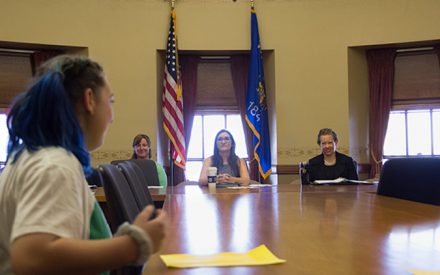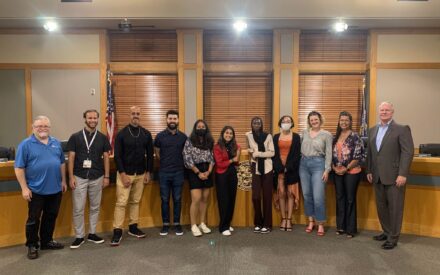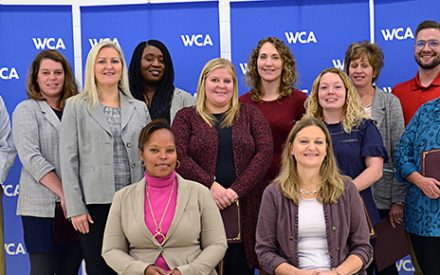The U.S. has the highest per capita incarceration rate in the world, which quintupled from 1975 to 2005, representing a shift from rehabilitation to punishment. There has been a bipartisan transition in the past 15 years toward reducing both adult prison and youth justice populations, including in Wisconsin. Restorative justice repairs harm caused by crime. It emphasizes accountability, making amends, and—if both parties are willing—facilitated circles between victims, offenders, and other impacted parties.
In response, Extension offers education, training, and professional development that focuses on sharing and implementing best practices related to restorative justice in communities across Wisconsin. For example, Extension professionals support 29 Teen Court programs in the state. Teen Court is a program in which youth who are facing potential disciplinary action instead work with their families and peers to restore their image and repair their relationship with themselves and their victims. Teen Court offers the opportunity for youth to restore their relationship in their community, while strengthening family resilience while gaining life skills for future success. Teen Court programs throughout Wisconsin, whether or not they are facilitated by Extension, are a part of the Wisconsin Teen Court Association, an organization which provides the opportunity for sharing best practices and professional development. WTCA is co-led by two Extension faculty members.
The 2021 Wisconsin Restorative Justice Summit created an opportunity for practitioners, policy makers, and young people from diverse communities throughout the state to share best practices and learn from one another. The Summit occurred virtually over the course of three months. One session featured a coalition of community leaders, elected officials, and local organizations presenting a 15-point violence prevention strategy to fight mass incarceration and violence through wraparound support including increased community center hours, mental health resources, and re-entry services.
Over 530 participants attend the Summit, comprising more than 120 human services professionals, 100 youth restorative justice practitioners, 100 staff from K-12 and higher education, and 30 elected/public officials such as law enforcement. 85% of responding attendees indicated that the Summit deepened their understanding of utilizing a restorative justice lens when working with youth. Additionally, 90% of respondents indicated that the Summit helped them reflect on their own practices in restorative justice.
Extension helps young people and youth-serving professionals in advancing equitable, evidence-based restorative justice and peacemaking practices.
Community Youth Development is part of Extension’s Positive Youth Development Institute. Learn more by visiting youth.extension.wisc.edu.
Download Article

 Youth in Governance
Youth in Governance Preparing Youth for Community Leadership
Preparing Youth for Community Leadership An Improved Geologic Map of Wisconsin
An Improved Geologic Map of Wisconsin Innovating Local Government by Developing Leaders
Innovating Local Government by Developing Leaders


